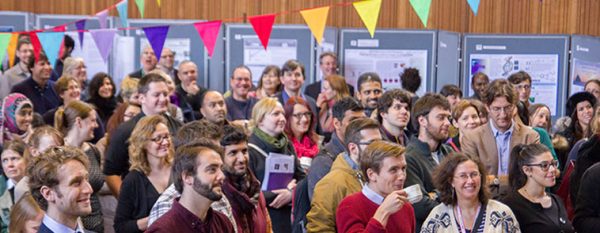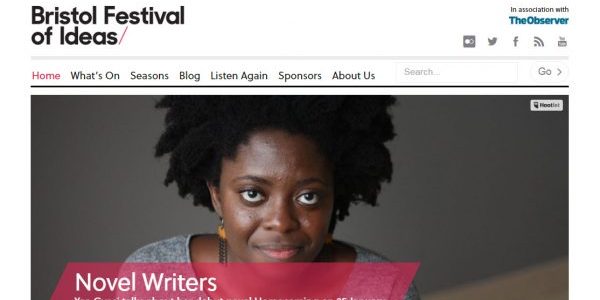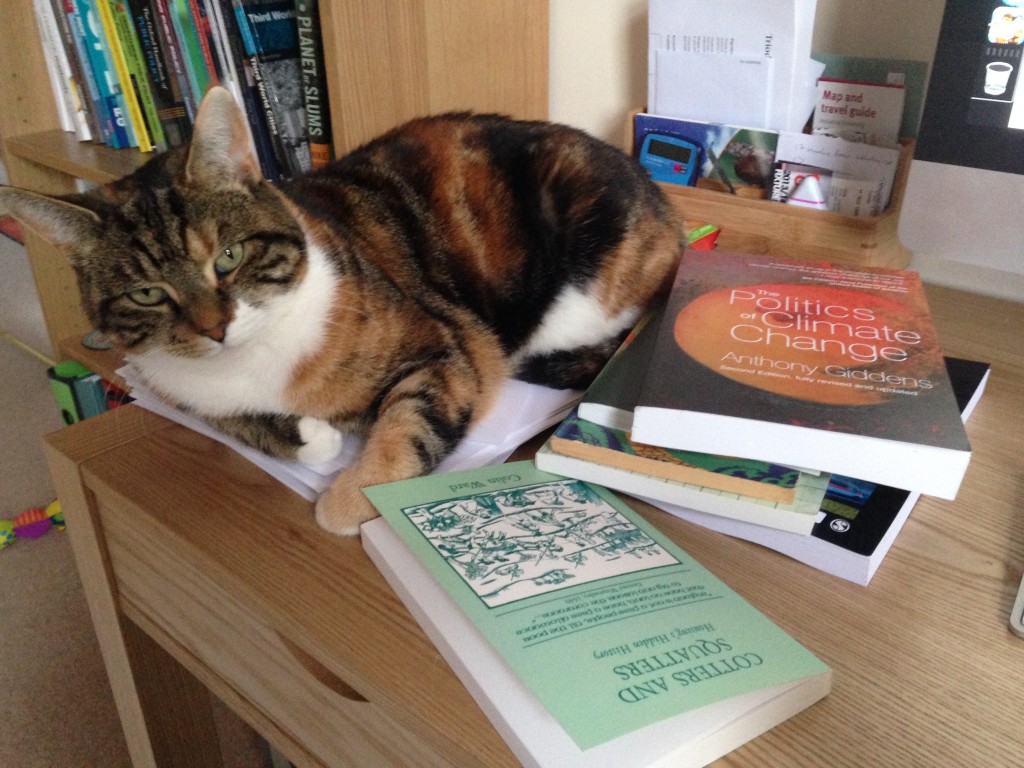Make sure you start the year as you mean to go on by getting involved in the thriving research community here in Bristol. Here are some of the highlights coming up in 2017 that our postgraduate research students should watch out for:
1. Look after yourself by prioritising your self-care
We bet you didn’t expect to see this as number 1 on the list, but looking after yourself shouldn’t be forgotten. Life as a researcher can take its toll on your mental and physical health. In the depths of research – whether in the lab, the archives, or the field – it’s all too easy to get sucked away from the wider world. Take a quick look at our virtual resource hub for activities, events, information and news about mental health and general wellbeing.
http://www.bris.ac.uk/doctoral-college/healthy/
2. Celebrate the start of your research at our special inauguration event in February
If you’ve started your research degree on or after 1 August 2016 then come along to our special Researcher Inauguration event on Monday 6 February, 2017. Receive your official welcome from the Vice-Chancellor and President of the University, Professor Hugh Brady, and introduce yourself to the University’s rich and vibrant research community over a glass of wine and some nibbles. Sign up for your free ticket here: https://www.eventbrite.co.uk/e/researcher-inauguration-event-tickets-30551567561
3. Showcase your research at the BDC festival of research: Research without Borders 2017
Our flagship Research without Borders festival provides an interactive space for Bristol postgraduate researchers across all disciplines to come together and showcase their work to a broad audience from within and outside of the University. This year’s festival will include a whole week of interactive showcase events: an evening seminar series, the finals of the Three Minute Thesis (3MT®) competition and an afternoon showcase exhibition at Colston Hall on Friday 12 May. More than 100 PGRs shared their work at last year’s exhibition, through research posters, hands-on demonstrations, innovative research displays and lively discussions. Take a look at last year’s event to get a sense of just how special the event was – and help us make this year’s event bigger and better than ever! Keep an eye on the Bristol Doctoral College website to find out how you can sign up.
4. Sign up for personal and professional development training
In an increasingly competitive environment there is a growing demand on postgraduate researchers not just to be qualified experts in their subject area, but to be highly accomplished individuals with the skills and attitude to communicate, innovate and adapt within a continually changing landscape. The Bristol Doctoral College runs a Personal and Professional Development programme with more than 150 workshops, seminars and online resources designed specifically for postgraduate research students. Take a look at the full catalogue and sign up today!
5. Join the Bristol SU Postgraduate Network
The PG Network is a student-led initiative for all postgraduate students (both research and taught) that seeks to develop an active, strong and vibrant postgraduate community here at the University of Bristol. The PG Network organises events in Bristol and provides a real chance for students to work together to shape and develop Bristol postgraduate community life. Get involved and keep up to date by joining the group on Facebook.
6. Learn something new and see where it takes you
Keep your mind active even when you need a break from your research by going to a public lecture, talk or debate about something completely different to your main study area. There are numerous public talks and lectures in Bristol, and many of them are free to attend. The Bristol Festival of Ideas attracts experts from around the world to Bristol with an inspiring programme of debate and discussion throughout the year. The Arnolfini also organises regular talks and the Pervasive Media Studio at the Watershed holds a free lunchtime talk every Friday.
7. And finally, make the most of being in Bristol
Bristol has a wealth of cultural treasures and historic places to explore – from museums, art galleries and theatres, pop-up cafes, festivals and world-renowned graffiti. Make sure you make the most of studying in such a vibrant city and take some time out of your research to explore. Keep up to speed with what’s going by keeping an eye on Bristol 247 and Bristol Museums.









